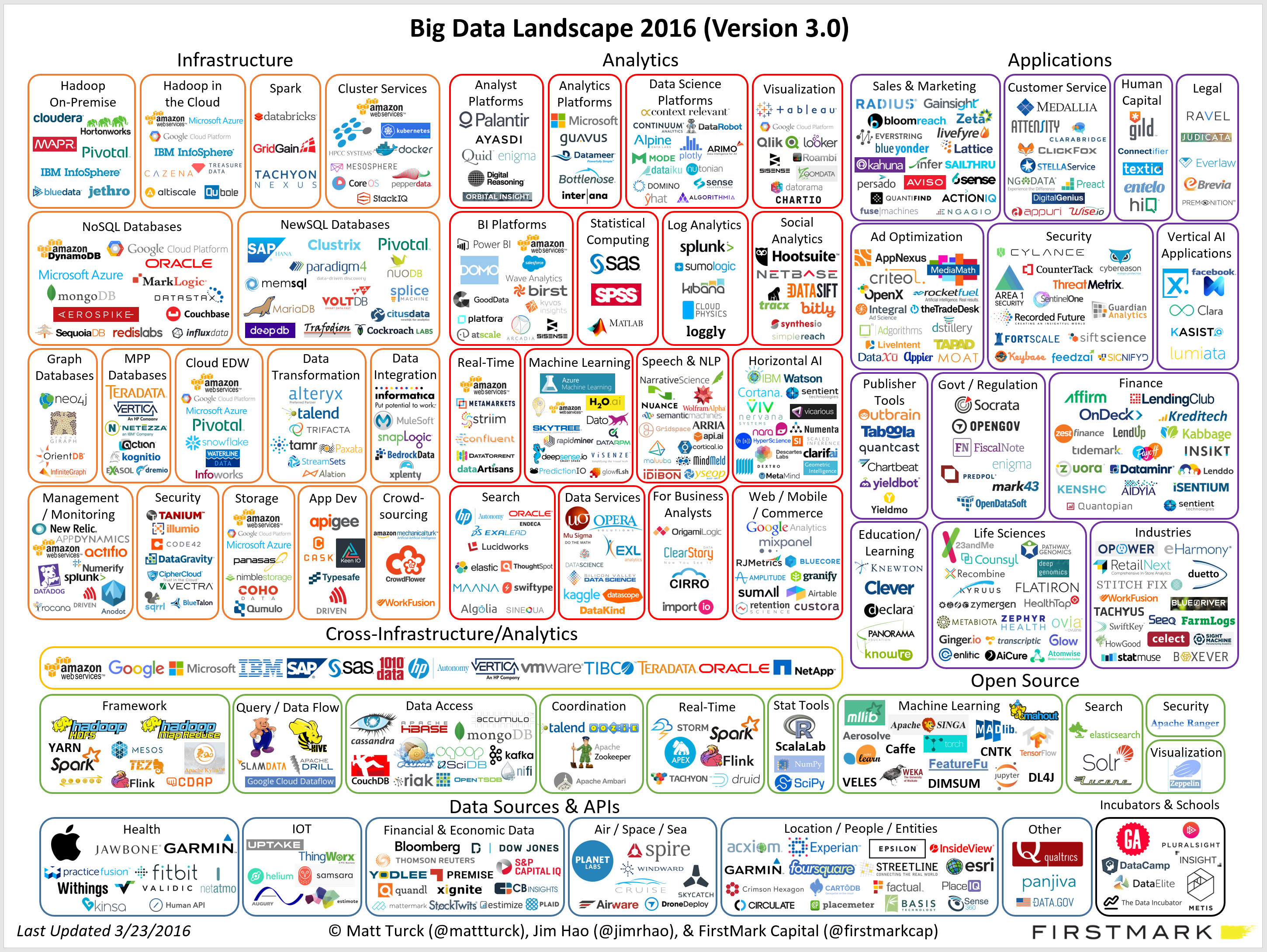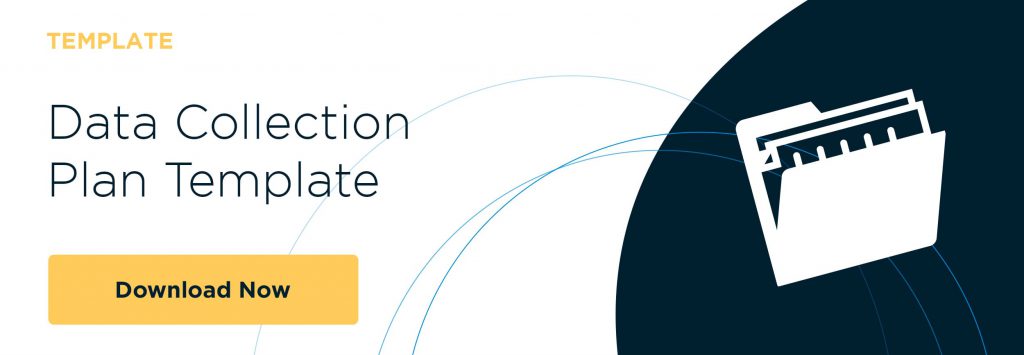Big Data Remains Big News
What is big data?
The term “big data” is often misused, so let’s set the record straight before moving on with a short introduction to big data. When describing data as big, it should refer to a very specific type of data—data that is so big it cannot be analyzed or housed on a personal computer.
Consider the following “V” terms to determine if you truly have big data:
- Variety – Are there many different types of data?
- Velocity – How quickly is new data generated?
- Volume – Is there a large amount of data?
- Veracity – Does the data lack quality or accuracy?
- Variability – Does the data set show inconsistencies?
If you’ve answered yes to the majority of these questions, then you do in fact have big data.
Big data at work
Let’s take a look at social media as an example of big data. A recent study by Domo unveils the staggering amount of data produced each minute by some of the top social media sites.
- Instagram users like 2,430,555 posts per minute.
- Twitter users send 9,678 emoji-filled tweets per minute.
- YouTube users share 400 hours of new video per minute.
- Facebook messenger users share 216,302 photos per minute.
- Snapchat users what 6,944,444 videos per minute.
Imagine the stories that could be told by analyzing this data! And imagine the infrastructure needed to do so. Thankfully, the storage of big data has become easier as technology continually evolves. Specifically, there have been increases in capacity, reliability, and retrieval speed. With this immense increase of data, there has also been a growth in the different ways to analyze it.
The image below shows the 2016 big data landscape as compiled by Matt Truck.

Do I really need to have big data certification?
There’s an obvious proliferation of data all around us these days, and its volume is growing at an exponential rate. However, around 80 percent of data-driven decisions are still made not with big data, but instead with a smaller set of data analyzed on an individual computer with a trained master in data analytics. So what’s lacking? Most businesses simply lack the ability to tap into the data and gain insight. So what can you do about it?
No, you don’t have to sign up for four or five years of university education to achieve a degree in data science. In reality, there is a small set of widely used and very effective fundamental methods that can be learned in just a few days of applied learning. With a shortage of business people possessing the analytical skills needed for handling complex data sets, learning these skills now would certainly place you several steps ahead of your competition, or at the least, put your career in high gear.
Fundamental analytic skills that you should build include learning how to:
- Plan the analytical approach for your business situation.
- Quickly and easily obtain, merge and manipulate data sets.
- Cleanse and prepare data for analysis.
- Conduct an initial exploration of data without preconceived notions.
- Discover specialized groups or clusters in data.
- Analyze time-series and seasonal data for trends and pattern recognition.
- Create powerful visual representations of data.
- Sift through social media data to find meaning, patterns and common themes.
If you acquired these big data skills and certification in today’s data-rich environments and data-driven economies, you would position yourself with a unique advantage in your business and career. To this skill set, you can add your own collective experience, business acumen, industry and market knowledge, technical training and most of all passion to become a master at data analytics!
Can I really do it?
If you’re thinking, “Yeah right, that list above would take months of grueling work to learn and expensive software that I can’t afford,” we’d like to change your mind.
The Lean Methods Group’s training certification course, DataMaster, covers every topic listed above, and more, through hands-on interactive learning in the classroom with other business professionals—all facilitated by industry experts with many years of experience.
Build the analytical skills you need to truly leverage big data and prepare yourself and your company for the future of even bigger data.

